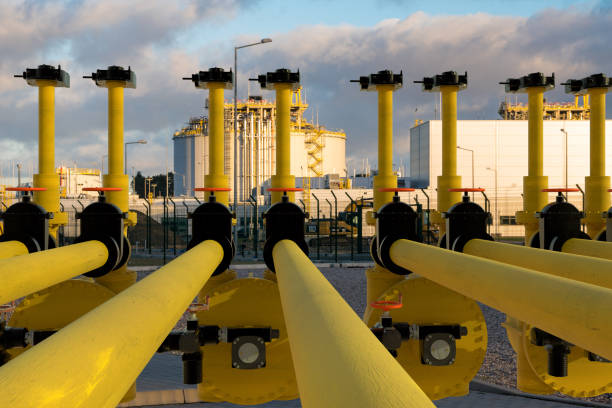Harmonizing Propane and Solar Power for a Sustainable Energy Solution
In the quest to reduce emissions and create sustainable energy solutions for building projects, there’s no silver bullet. A one-size-fits-all energy source doesn’t exist. Instead, the path to emission reduction, increased resilience, and budget adherence lies in a diversified energy mix. Natural gas (NG) often springs to mind as a potential energy source. However, it’s… Continue reading Harmonizing Propane and Solar Power for a Sustainable Energy Solution



